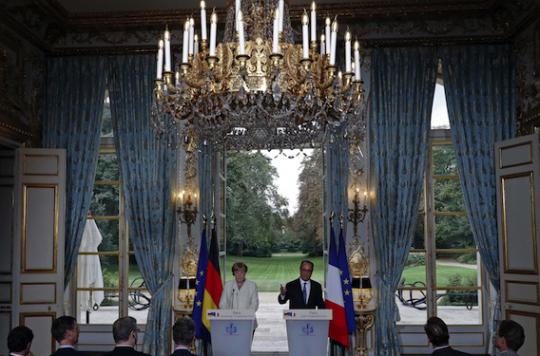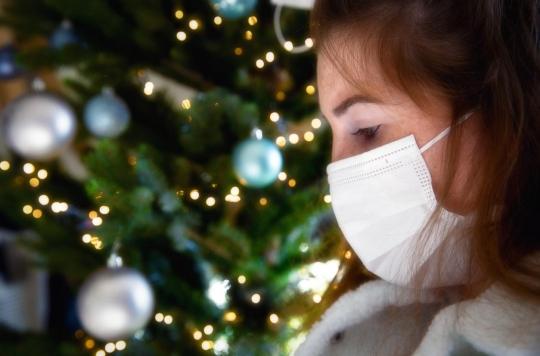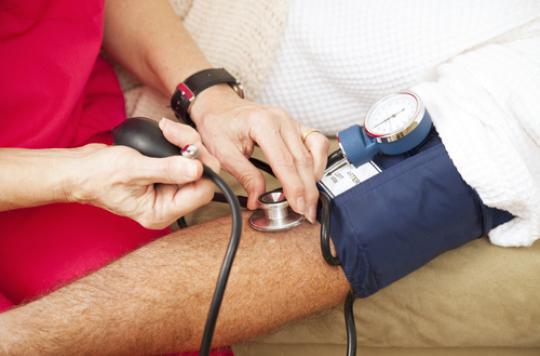The French mostly agree (61%) to say that their desire to vote for a candidate would be impacted by the announcement of a serious illness from which he would be affected.

If he had revealed his illness to the French, François Mitterand would never have been elected. This is indeed what a poll published this Thursday carried out by Odoxa for the MNH suggests, Le Figaro and France Inter (1).
The French overwhelmingly agree (61%) that their desire to vote for a candidate would be impacted by the announcement of a serious illness from which he would be affected. A result that our former presidents have obviously well foreseen. Beyond the case of François Mitterrand who had hidden his prostate cancer for years, we can also cite the false health reports of Georges Pompidou who transformed his Waldenström disease into a simple flu.
Of political strategy
Editor-in-chief at L’Obs, Denis Demonpion, recalls that accession to power is above all the result of a good political strategy. Contacted by Why actor, the co-author of the book The last taboo, revelations on the health of presidents (ed. Pygmalion), confides: “I am sure that if in 1988 François Mitterrand had displayed in the public square his rather serious health problems, even with the modesty of his opponents, he would have been completely excluded from the race for the presidency (… ) The French would have wondered if he was going to be able to conduct the affairs of the country, he adds. But these questions from the French, the sick president preferred to hide them. He was kept alive by his appetite for power. ”These confidences would come from the personal doctors of the former Socialist President. Moreover, he died a few months after leaving the Elysee Palace, he emphasizes.
Shared France …
But this political strategy still divides the French into two camps. According to the Odoxa survey, half of them believe that candidates need transparency, while the other half considers on the contrary that it is theirs alone. And about the controversy over Hillary Clinton’s health, same trend, only 50% of French people believe that “it is normal to expect total transparency from candidates on their health because the choice of a future President is a too serious a matter to risk electing a sick person ”. And 49% believe that “everyone’s health is a matter of private life, and that a candidate should not give all the details concerning his health”.
… by a generational divide
However, this 50-50 conceals a great heterogeneity of perceptions according to sex and age. Women and the youngest defend the notion of privacy while men emphasize the necessary transparency. Regarding age, the variation in the results is spectacular: 66% of 18-25 year olds think that the health of applicants is a matter of private life, while 70% of 65 and over consider that they owe us transparency. Young people are 70% to find that the presidents who have hidden the truth about their state of health from us were right when 71% of the 65% and + judge on the contrary that they were wrong.
On this point, Denis Demonpion is categorical: “when you’re young, you don’t think about illness, old age or death. In any case, we think about it a lot less. I imagine for example that an Emmanuel Macron does not have these worries, unlike an Alain Juppé who can ask himself these questions ”.
The journalist also concludes that young people only remember Nicolas Sarkozy and François Hollande. “For them, the time of Georges Pompidou and François Mitterrand is ancient history”. Those nostalgic for the latter will appreciate … The intergenerational gap still has a bright future ahead!
(1) Carried out on September 15 and 16, 2016 on a sample of 999 people representative of the French population aged 18 and over
.













